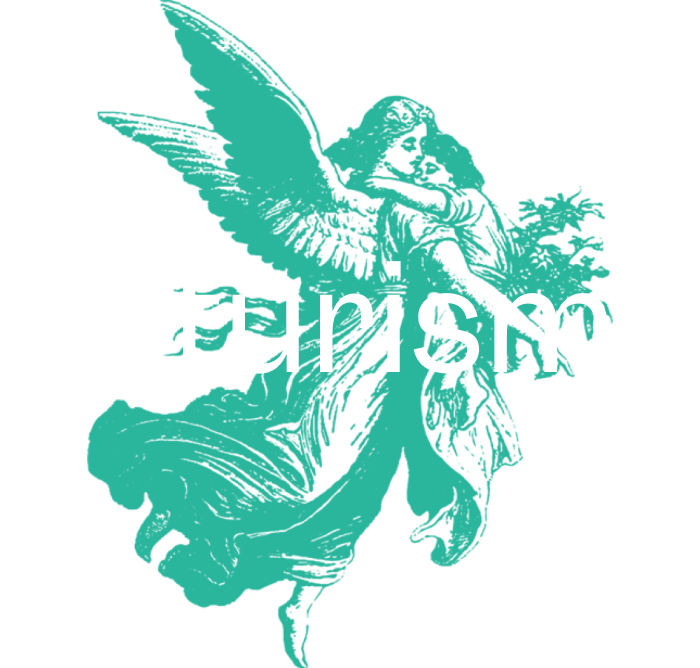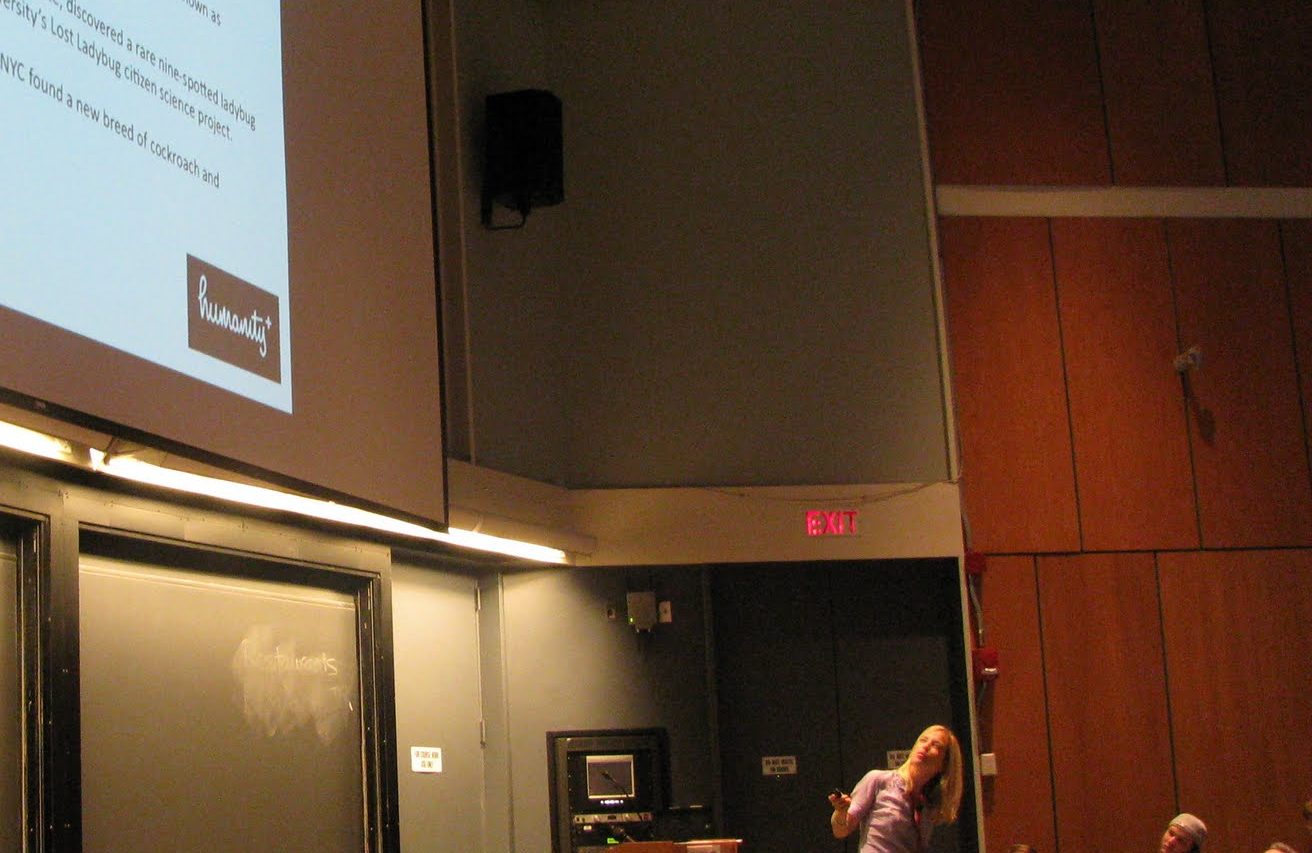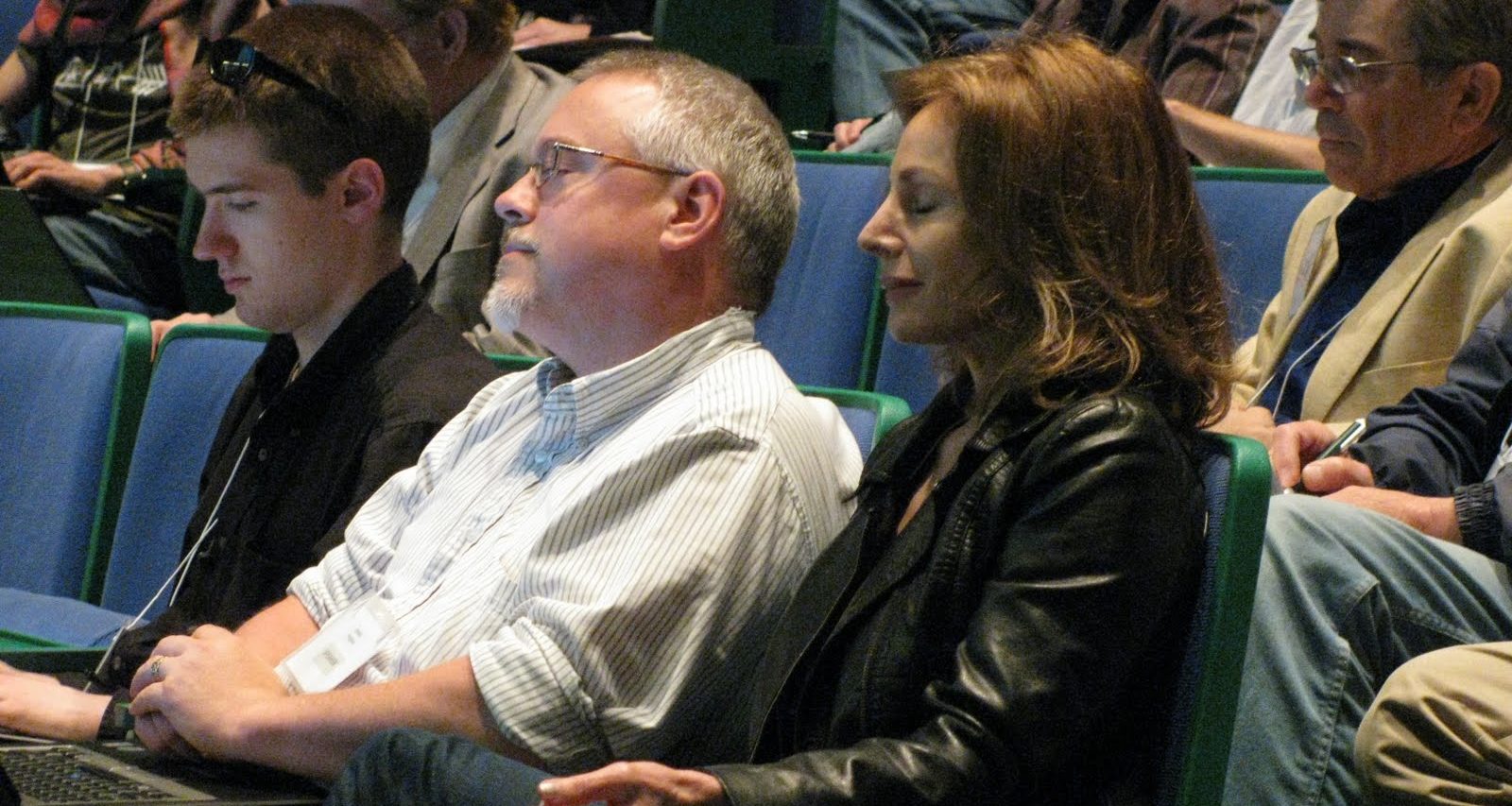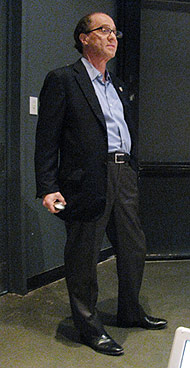July 27, 2010
Tea Partying Transhumanists?
The New York Times published last month an intriguing exploration by New School professor J. M. Bernstein of the philosophical underpinnings of the Tea Party movement. Does this analysis remind you of any other movement?: Where do such anger and such passionate attachment to wildly fantastic beliefs come from?… Tea Party anger is,...








